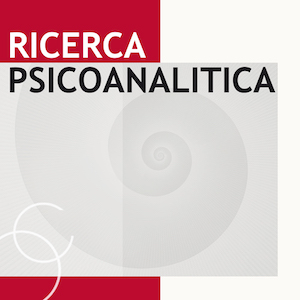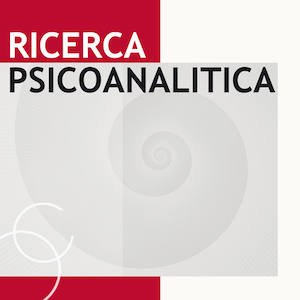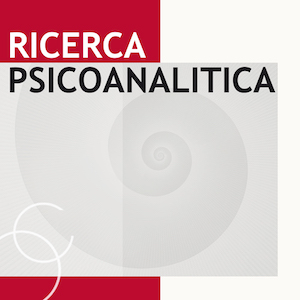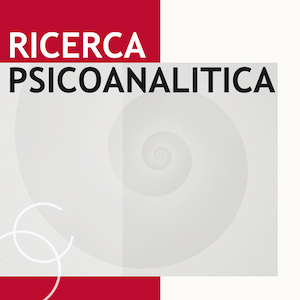Writings
Vol. 34 No. 3 (2023)
The perinatal period as a delicate time of transition. The possible implications of maternal stress in relation to cancer onset in intrauterine life
Publisher's note
All claims expressed in this article are solely those of the authors and do not necessarily represent those of their affiliated organizations, or those of the publisher, the editors and the reviewers. Any product that may be evaluated in this article or claim that may be made by its manufacturer is not guaranteed or endorsed by the publisher.
All claims expressed in this article are solely those of the authors and do not necessarily represent those of their affiliated organizations, or those of the publisher, the editors and the reviewers. Any product that may be evaluated in this article or claim that may be made by its manufacturer is not guaranteed or endorsed by the publisher.
Received: 21 March 2023
Accepted: 7 June 2023
Accepted: 7 June 2023
348
Views
232
Downloads











